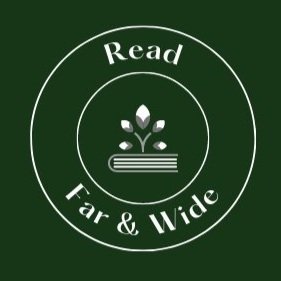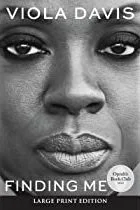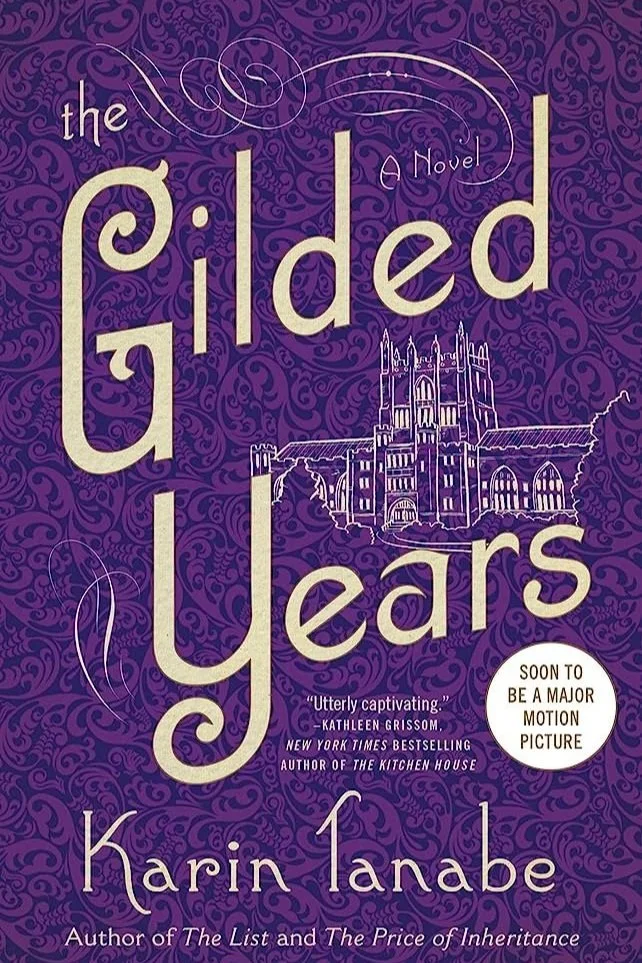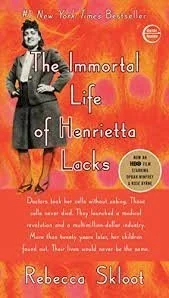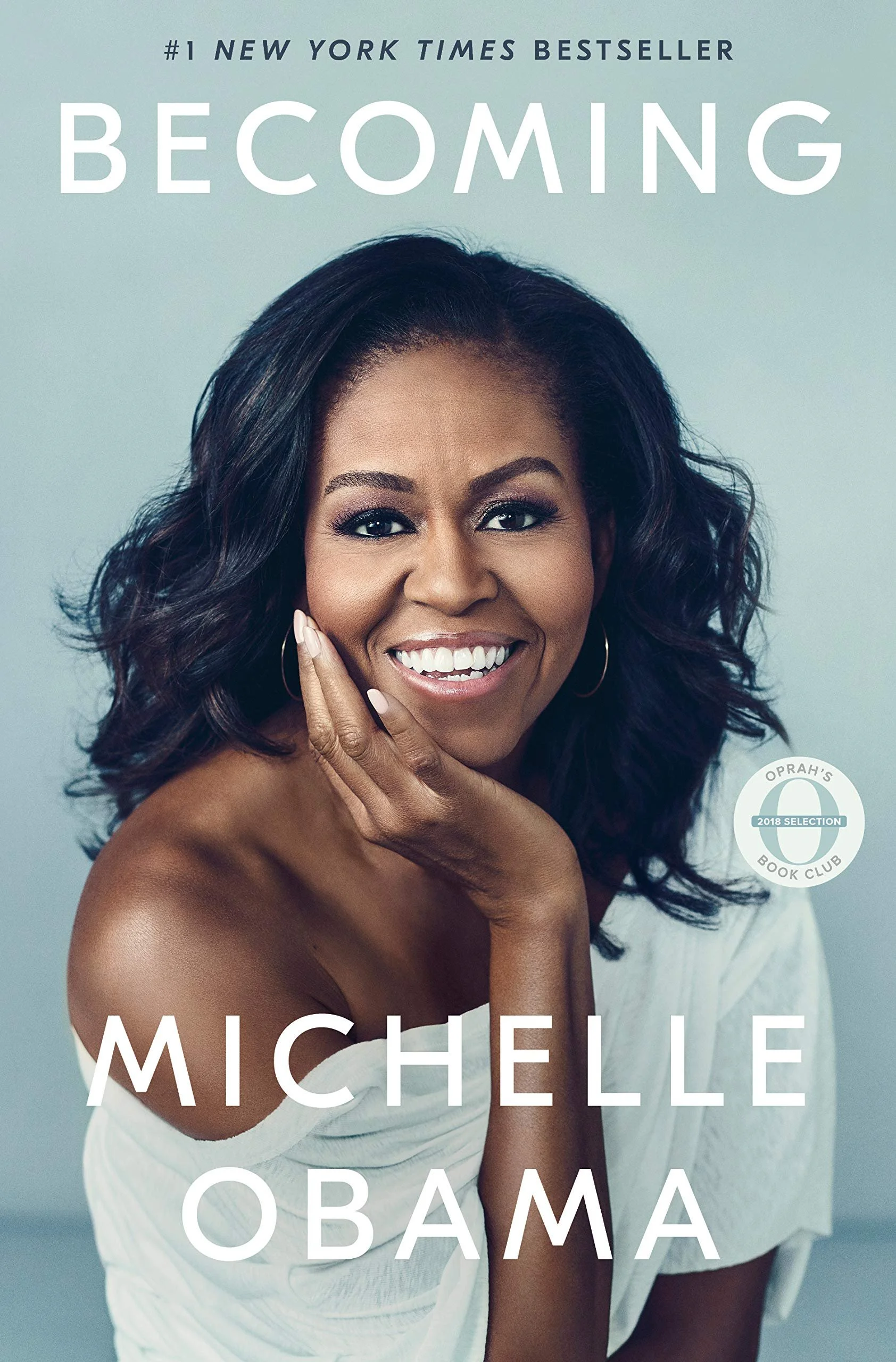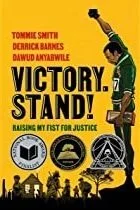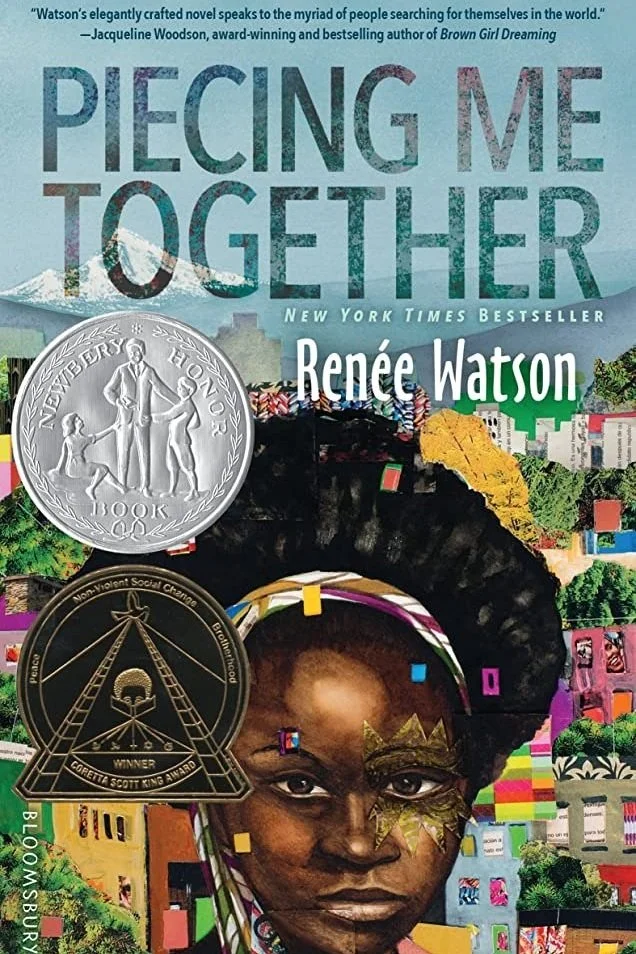Black Authors Matter
So here I am at the beginning of a post that has caused me so much anxiety. I’ve been tempted to just give up and not write, what I hope to be, a love letter to the many Black authors I adore. But what’s the point of having a book blog if you don’t write about your favorite bookish things?
And for me, one of my favorite bookish discoveries these past several years has been the treasure trove of Black authors who have beautifully taught me about this world in which we all inhabit. So here I am, hoping you will come along on this bumpy ride of discovery - of diversity, amazing authors, great books, and myself - with me.
Recently, I was captured by an idea Viola Davis conveyed in her memoir Finding Me - she said something to the extent of (and I paraphrase) while listening to an authentic story, you can’t be racist. I spent a lot of time unpacking this idea and was left encouraged.
When I read a book, I often find myself on a journey that allows me to learn new ideas, process a new understanding of the world, repent of previously well-intended beliefs, and reimagine what the world can be.
However, there are often so many reasons why I don’t continue this journey. When deciding on what books to read, I quickly become overwhelmed with worries like:
Am I reading the “correct” authors?
Am I becoming biased, but just on the other end of the spectrum?
Am I reading enough BIPOC authors?
Is this book historically accurate?
The New York Times didn’t review this well - is it still worth reading?
And the list can go on…
All too often, these questions can leave me with more feelings of doubt rather than understanding - and I don’t like that. Maybe I’m over analyzing or thinking about things too much, but I don’t believe I’m alone in this process.
What I’m hoping to share in this post is where I am in my current journey and I would love to learn about your journey as well. I hope that in years to come, when I look back on this post, I will be at a much different place; that my views will change, evolve and develop, and that my reading of Black authors will continue to inspire me to work towards a world that is more inclusive and just.
Also - I want to say at the outset, I’m well aware that we are all on our own journey. Some people read 100 books a year where some read three. Both should be celebrated!
Regardless of how much you read, I hope this post inspires us, to ask more questions and find new ways to discover answers. These answers could be found by following more Black Instagram accounts, reading articles by Black journalists, checking out a new documentary (I’m currently riveted by PBS’s recent series on Reconstruction) or watch Rhianna’s Super Bowl half-time performance a few more times.
Regardless of where you are in the chaos of life, I hope by sharing my perspective on reading Black authors it can translate to other means of learning. And what I hope more than anything is for you to share the books, authors, and stories you love with others - especially me!
So here we go.
Don’t Worry Too Much About Setting a Goal
Often I hear people say things like, I want 50% of my reading this year to be BIPOC (Black, Indigenous, People of Color), and I think that is great. In the past, this mindset has really helped me discover authors that would not be in my normal repertoire.
I also often hear people say, during Black History Month I will only read Black authors. However, recently I’ve found myself thinking:
Why limit myself to just 50%?
Why just the month of February?
In addition, and ashamedly, I also found that when I set a goal to read BIPOC and I met the goal, I had an unhealthy sense of accomplishment. Like - “Look at me being all woke!” and this is not a good perspective at all, for me.
What I have found to be more beneficial for me is to create a habit of regularly reviewing the books I’ve read in the past 10-12 months and wonder:
Am I reading mostly books from a white, female perspective? If so, why?
I’ve been reading a lot on a specific topic or historical event. Who is a black voice that I can read to learn of a different perspective of this same topic or event?
Noticing what I’ve been reading and what is in the same genre by a Black author: I’ve been reading way too much romcom lit by white authors - Yay for an excuse to pick up a Jasmine Guillory book!
If setting a goal motivates you to read more Black authors - Great! Keep doing it! This is a judgement free zone.
However, I also want to present the idea that there can be freedom in focusing less on the specific numbers and more on the general idea of - am I working toward being a well-read reader of different voices and perspectives?
Wonder How Stories by a White Author Could be Different if Told by a Black Author
Recently, I have become transfixed by all things Gilded Age and I’ve had a blast reading book upon book about this time period. A friend who shares this love, gifted me the book, The Gilded Years - which is really great! It is a historical fiction story about the first African American woman who graduated from Vassar College, and presented as white. I loved this book and found it fascinating.
However, I discovered that the author, a first generation American, does not identify as Black. This realization left me wanting more. I was curious about how the story would have been told differently if the author was Black or even as someone who has experienced presenting as white.
Another example of this idea is the book, The Help, by Kathryn Stockett which was also made into a very popular movie, which stared Viola Davis. Since the movie came out, Davis has provided additional remarks about playing her role in the movie. Click Here to read about this. She speaks to it perfectly so I’m not going to try to summarize!
Another example, is the book The Immortal Life of Henrietta Lacks. This book is not my typical subject matter, as it’s about science. A 5th grader would “school” me on any science type stuff so keep that in mind when I summarize this book by saying:
This is a true story about a poor black woman (Henrietta) in Virginia who had cancer a long time ago and somehow doctors took her cells, then reproduced them to the extent that my plastic surgeon researcher friend Sadaf uses them today.
Obviously this is a fascinating story about a black woman, and it is written by Rebecca Sloot - a White Author. Which made me wonder, how would this be different if written by a Black author?
So I started googling.
Lo and Behold! Queen Oprah herself has made many comments on this story and was involved in creating the 2017 movie based on this story. Oprah’s comments and involvement in amplifying of this story has made me love this book even more! Click here to read some of Oprah’s comments. Henrietta’s family has also commented on how their mother was portrayed in the book, with mixed feelings on the outcome.
When I hear a story from only one perspective, I miss out. When I seek out other voices, specifically marginalized, I more often than not come away more in awe of humanity. This is one reason why I think Viola Davis’ idea of when we listen to authentic voices, it is hard to be racist resonates deeply.
Prepare to Get Uncomfortable
When I start reading a book by a Black author, I often intentionally take time to prepare myself for what could challenge me.
For example, I do not keep it a secret that I worked in Republican politics for 20 years. So when reading Michelle Obama’s Becoming I knew there were going to be parts I just wasn’t going to like. I thought about what those possibilities could be beforehand so not to have as much of a defensive reaction.
This made the book not only enjoyable but edifying to me. Among other insights, I really liked her perspective of being a spouse and mother during modern day campaigns.
When I read the graphic novel, Victory. Stand!: Raising My Fist for Justice by Tommie Smith, one of the track medalists during the 1968 Mexico City Olympics, I was ready to be challenged. I read this in light of Colin Kaepernick and the NFL kneeling “controversy” and believed I was ready to have a more diverse perspective.
What I was not prepared for was how the author went pretty aggressively after the then Governor of California: Patron Saint for all Republican political operatives - Ronald Reagan. I’m so glad that I had prepared myself beforehand to be challenged as I was able to take to heart what Smith wrote and see how well-intended neo-conservatives missed the mark on many issues of racial justice during that time.
Finally, when I read Piecing Me Together by Renee Watson (one of my favorite authors), I was uncomfortable reading almost every page I turned. She wrote a story that explained micro-aggressions in such a way that I realized how much implicit biases are part of me. I was able to see how subtle ways of thinking from my place of privilege need to be addressed and daily I work on this.
Enjoy Different Literary Styles
I have found one of the more enjoyable aspects of reading and discovering more Black authors is learning to love literature in different styles.
One of the first times I noticed this concept clearly was when I read Clap When You Land by Elizabeth Acevedo. This beautiful story is written in verse and the style made the story all the more poignant and memorable for me. I am one whose favorite genre is historical non-fiction, with historical fiction as a close second. Poetry is way down on the list of what I enjoy, and I have yet to experience a poetry slam in person. So experiencing this writing style was new to me and I surprisingly quickly fell in love with it.
Finally, I previously had a bias against graphic novels, and I was wrong. For some reason, I just didn’t think graphic novels were really reading material for kids, and we should encourage more traditional books rather than “easier” graphic novels.
Graphic novels by Black authors were a main impetus that taught me how wrong I was. Specifically, it was the graphic novel March: Book One by Congressman John Lewis that changed my mind. After the Congressman and legendary Civil Rights leader’s death, I bought the first graphic novel in his series for my son’s library as a way to commemorate his life.
Of course, I quickly read it, and WOW! reading this novel showed me how much of an art form this style of writing is, and they are not “easy reads.” I’ve certainly read many more - as I mentioned Victory: Stand! earlier in this post. I believe that many graphic novels provide a unique means to communicate stories of injustice in ways that are stunning and powerful. They are truly amazing.
So as I close out this already too long post, I keep going back to the point that Viola Davis made that when we listen to someone’s authentic story, we can not be racist. These ideas that I shared are simply that - my ideas. There are so many other people speaking in this space of reading Black authors, and we need to seek them out. I hope more than anything we will continue to inspire each other to broaden the spectrum of what we read.
Everyone has a story to tell and everyone has a story worth listening. I hope that as I continue on this Read Far & Wide journey that wherever it goes, Black authors will be regular tour guides teaching me how to work towards a more just and equitable world - it is an honor to travel along with them and hear their stories.
